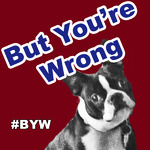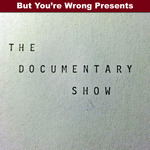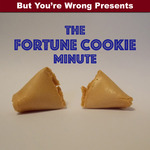Pro-Story, Anti-Origin
 Friday, May 11, 2012 at 7:43PM
Friday, May 11, 2012 at 7:43PM
To the people making movies: Enough with Origin Stories. Please.
Whether it’s a superhero story, or just a standard film, it’s really not necessary. We don’t need you to spend 30 minutes telling us something we already know or could easily figure out, if you just left us a few clues along the way.
I’m not looking forward to the Spider-Man reboot and wasting 30 minutes or more watching the origin story I already know. The only saving grace will be Martin Sheen as Uncle Ben. I’d be willing to say that most people at this point already know the basic points of Spider-Man’s origin. The same goes for Batman. When Christopher Nolan is done, let’s not tell another Batman origin. Let’s just get into a good story where he faces off against The Riddler or Hush.
Spider-Man, Batman, and Superman are going to be remade and remade and remade. Are we going to have to sit through their origin stories every time? Are we going to have to be “treated” to the same story told the same way, just with different actors? Unless you’re going to radically change the story, don’t bother – we already know it. Treat the superheroes like James Bond – same character, same universe, just a different actor. We can accept that.
I can accept movies like Iron Man or Green Lantern explaining the origin because: A) they’re heroes that not everyone is familiar with, and B) they’re captivating stories themselves. I can forgive Christopher Nolan’s Batman because his goal is to tell a complete Batman saga.
Producers may be going back to Stan Lee’s idea: “Every issue is someone’s first.” Chances are the audience has a basic idea and even if we don’t it can be covered in five minutes, or do the origin over the title sequence like Watchmen did. Even a voiceover like The A-Team TV series. Just because it might be the first time an audience is seeing something, doesn’t mean we’re idiots, so we shouldn’t be treated as such. Filmmakers don’t need to walk us through the whole thing.
The creators are somehow afraid we as the viewer won’t get the character if we don’t have the origin. But film has rarely given us origin stories. I don’t know why Sam Spade became a detective, but I don’t care, and I still know what kind of man he is.
Here are a few other great characters that we don’t know the origins for upfront: The Dude, Ferris Bueller, Dr. House, Doc Brown, Doctor Who, John McClane, and The Man With No Name. Would the characters have been any better if we had 30 minutes of origin?
The fact that so much time is wasted on the origin story is why the second movie in a superhero series is generally better than the first. (See: Spider-Man 2, The Dark Knight, X2, and Iron Man 2) If you insist on having the origin at the open, please cut it down to just a few minutes, then get to the good stuff.





